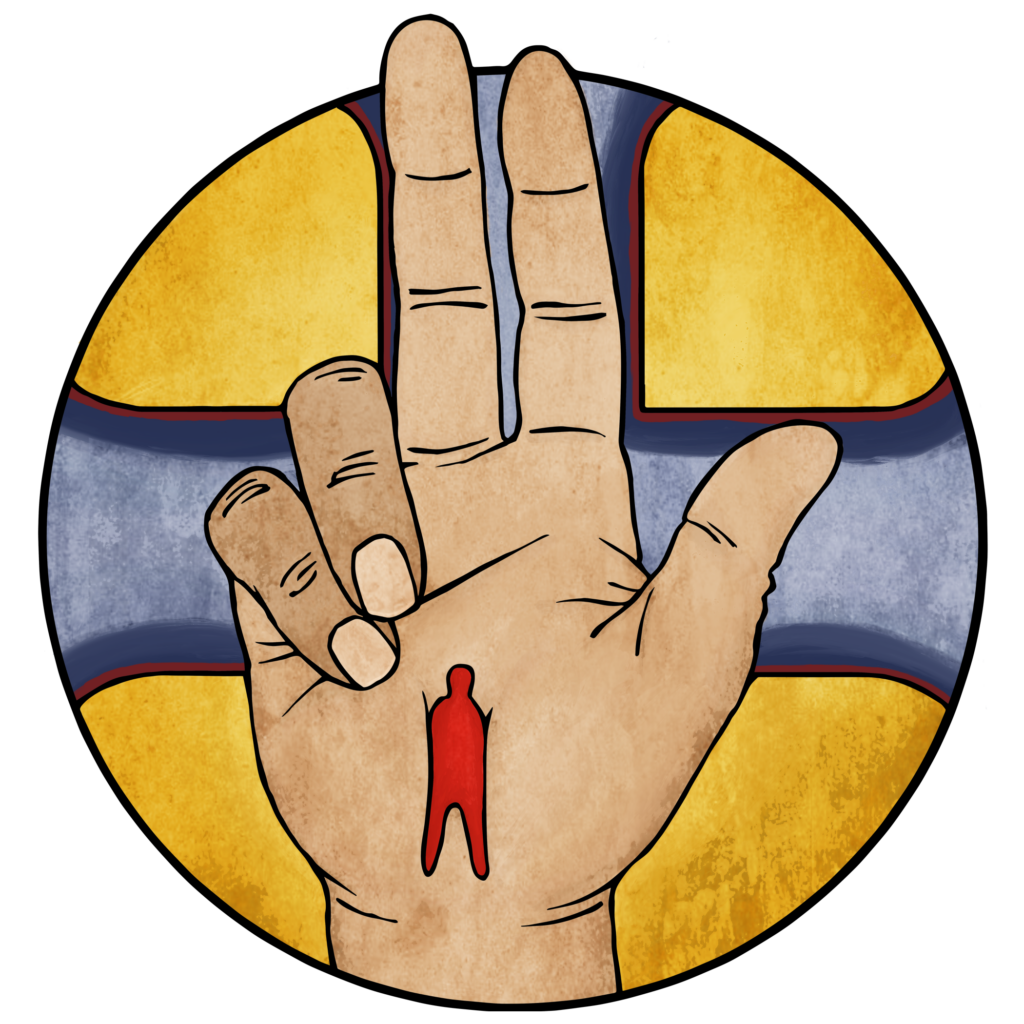By Harrison Goodman
“What do you do for a living?” I hate answering. It changes the whole conversation, and almost never for the better. “ I’m a pastor.” It makes people uncomfortable.
People hear my answer and change how they talk around me. It’s not just no more dirty words. The topic changes to something safe: “The weather sure has been weather-y lately.” Maybe something vaguely spiritual: “I sure do pray a lot.” A lot of times it reminds people of an appointment they’re running late for. People hide their sin from me.
It says more about us than it does about God. We believe He already knows the thing we’re changing the subject to avoid anyway. We just don’t want to talk about it with the guy God sends to speak peace to us. It’s like being sick and hiding symptoms from the doctor because you’re ashamed of what he’ll think and worried that the cure might be worse than the disease. I mean sure, eating healthy and going for a run once in a while might help me live longer, but at what cost?
And that’s just it. People hide their sin from me because they think it’s my job to tell them how to fix their lives. They either don’t want to change or they can’t. They know what’s broken. The Law points it out. It shows us everything that’s wrong. It diagnoses the problem, but the diagnosis is not the same as the cure.
The diagnosis is sin. The cure isn’t “stop sinning and behave.” It’s the Cross. Your pastor is not the sin police. It isn’t your pastor’s job to tell you that you’ll have a better life once he combs through your life, finds all your sins, and lectures you into quitting them. It’s his job to forgive them. He isn’t sent to be only Law. Jesus sent him to deliver the Cross to you. You bring your sins to your pastor; he gives you Jesus to cover them. “What do you do for a living?” “In the stead and by the command of my Lord and Savior Jesus Christ, I forgive you all your sins.”
Enter mental health. “What do you do for a living?” The honest answers don’t make for light small talk either. “I struggle with severe and crippling anxiety. The pay is garbage but the job security is great.” “I relive the trauma I was subjected to against my will.” “I abuse painkillers, mostly.” “I pretty much take it one day at a time, but I’m trying to work up the courage to quit.”
We’d much rather hide that stuff. Dark humor, by the way, is our way of hiding the damage sin does when we finally have to talk about it. I’m pretty sure God knew how hard you’d work to hide this sin. I’m pretty sure that’s why He sent you a pastor. Not to find what you’re so good at hiding, but to wear a black shirt with a white collar so that you can know when you talk to him that you have permission to skip the awkward small talk and hear about the cure for what you simultaneously can’t stop thinking about but can’t bring yourself to mention.
Go talk to your pastor about your mental health. He doesn’t want to pin your sins and struggles on you. He wants to tell you they were nailed to Jesus. He wants to remind you of your Baptism, and who you really are in Christ even when you struggle to see it as you look in the mirror. He wants to tell you that you’re loved, you have worth and value, and a place where you fit inside the kingdom of sinners-made-saints called a church. He might point you to a doctor, a counselor, or a therapist. He won’t affirm that he knows what is hurting you, but he also won’t judge you for struggling with it. He can’t tell anyone what you tell him in confession. He’s promised not to. Those are Jesus’ sins, anyway, not yours. Your pastor won’t look at you any differently for actually needing the gifts he was sent to give you in the first place. He won’t find what you’re hiding unless you tell him, but he’ll offer you peace when you do. He’ll absolve what you confess. He’ll speak comfort to your struggles. He’ll preach the Gospel.
Rev. Harrison Goodman is the content executive for Higher Things.

